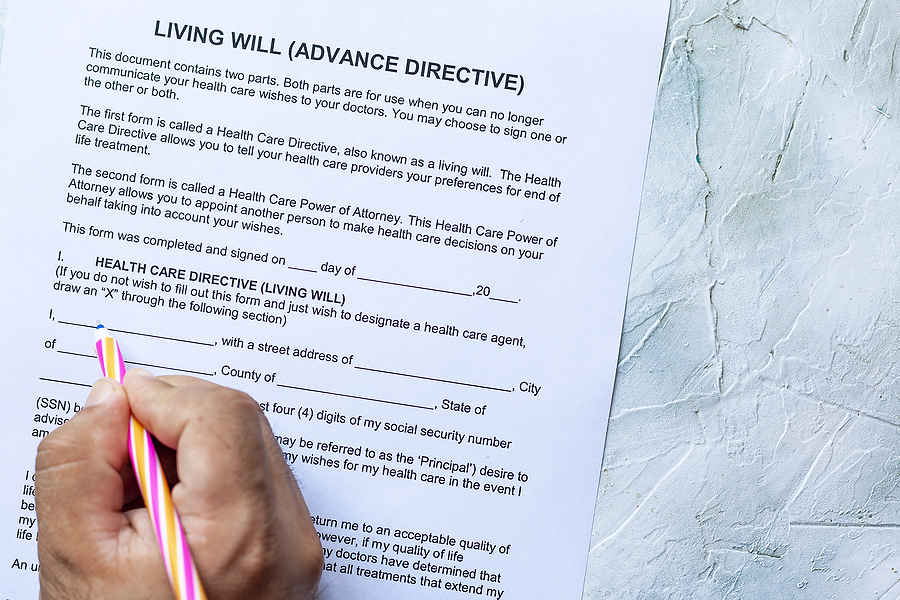None of us likes to think about a situation where we could become incapacitated and unable to make decisions about our own healthcare. However, setting up legal documentation through advanced healthcare directives is the best way to ensure your medical wishes are followed if you can’t make decisions for yourself.
With a proper healthcare directive like a living will or durable power of attorney for healthcare, you specify what types of treatment you want—or don’t want—in the event you become unable to communicate.
Essentially, these legal instruments give your designated loved one’s authority to make critical decisions about everything from life-sustaining treatment and ventilation to do-not-resuscitate orders based on the clinical information and guidance outlined in your directive.
Without an advance directive, your family may have no legal authority to intervene and ensure your healthcare wishes are followed. They could face challenges with medical providers or others who lack knowledge or legal standing for the decisions they want for their care.
This is where a living will or healthcare proxy can clear up any gray areas and avoid confusion. These documents can also cover legal issues like:
● Living wills for terminally ill situations and specifying care you want (or don’t want)
● Assigning a healthcare power of attorney and healthcare proxy
● Medical orders for CPR and emergency treatment
● DNR orders for do-not-resuscitate directives
● HIPAA releases allowing access to protected health data
● And much more
Working with an experienced estate planning attorney, like with the Law Office of Andrew Fesler in Carlsbad, allows you to draw up all the documentation and forms you need for a complete, legally enforceable advanced directive stating your wishes regarding:
● Types of treatment received or denied
● End-of-life wishes
● Life-sustaining care preferences
● DNR orders for CPR and other life-saving measures
● Healthcare proxies to make decisions if you’re incapacitated
● HIPAA releases for medical information and records
These legal documents prevent unnecessary suffering, conflict, or problems with following your medical directives and accessing your private health data. From living wills and powers of attorney to DNR orders and more, a professional like Andrew Fesler guides you through your options and best strategies for structuring your healthcare directives.
Whether an accident temporarily prevents you from expressing your healthcare wishes or your final wishes at life’s end, advanced directives provide the legal foundation to ensure your decisions are honored, and your instructions are carried out without interference.
Call our office today to schedule a consultation. Our team will ensure you’re taking the right next steps to gain peace of mind about future healthcare needs.



